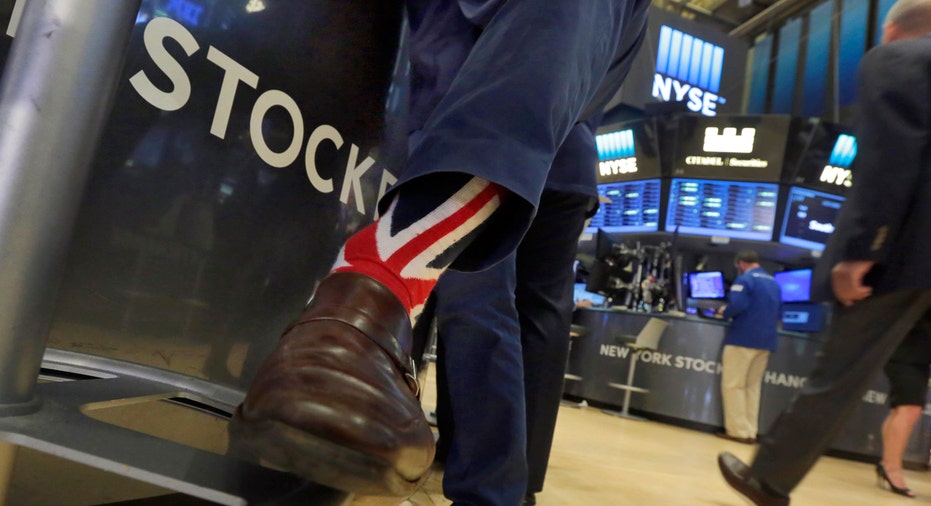Keep calm and carry on with European investments, be cautious with UK focus

Despite an upset surprise in the outcome of British Prime Minister Theresa May’s snap election this week, European equity markets ended solidly higher Friday as the pound weakened against the U.S. dollar. Sparking a note of confidence was May’s vow not to abandon her post, but to create a new government, with the queen’s blessing, and get on with her Brexit directive as planned.
With the decision to call the election three years early, May had planned to bolster her majority in parliament, thereby giving her a stronger mandate to take to the negotiating table next week with the European Union to discuss the nation’s divorce process from the bloc. Instead, votes revealed a so-called hung parliament in which no party had a clear lead. May’s party will now team up with Northern Ireland’s Democratic Unionist Party to create a new government – something some of her party’s MPs say is far from a dreadful outcome, but what critics say actually weakens her position and throws into question her future as prime minister.
Political uncertainty will no doubt drive higher levels of market volatility, said Wells Fargo Investment Institute Investment Strategy Analyst Peter Donisanu, but a number of other factors will help balance out the risk. Donisanu holds a neutral view on UK stocks and a bearish one on its currency and bonds.
“Our neutral rating on British stocks as part of a broadly-diversified exposure to European equities reflects the positives of better-than-expected European economic and earnings fundamentals, balanced against the negatives of historically stretched equity-market valuations,” he said.
Eurostat figures released earlier this week showed Britain’s growth rate, at 0.2% in the first quarter from 0.7% in the final three months of 2016, was the lowest across all 28 EU members as consumer spending slowed during the period. Meanwhile, the broader Euro Area GDP registered its fastest pace since 2015, leading the European Central Bank on Thursday to eliminate the possibility of having to lower interest rates at future meetings.
With the UK economy expected to grow more slowly from here, UBS Wealth Management deputy head of UK investment office Caroline Simmons said she favors an underweight position on UK equities relative to their eurozone counterparts.
“With the FTSE 100 recently reaching an all-time high, the UK is not cheap, but nor is it at an excessive valuation,” she said, noting much of the rise is attributable to underlying earnings development. Though risks to UK earnings look to be to the downside going forward, she doesn’t anticipate much more upside performance for the index over the next six months.
With heightened political uncertainty likely to continue weighing on the pound and more fiscal stimulus possibly providing a boost to the FTSE 100, concerns about an increase in corporate tax reform – which the nation’s Labour party championed during the election, and normalization of some industries and uncertainty in the banking sector, could also act to offset that positive upside potential.



















